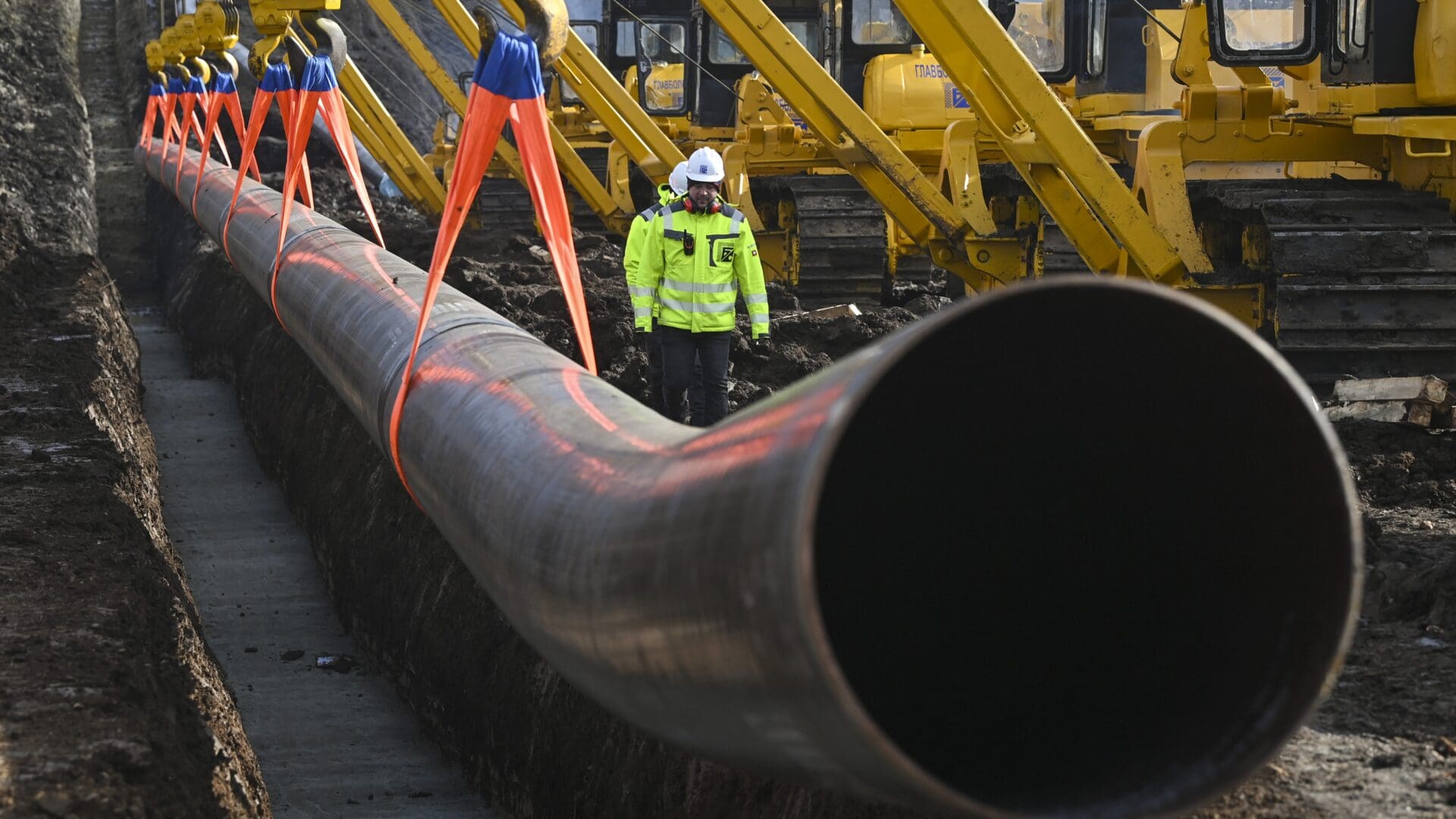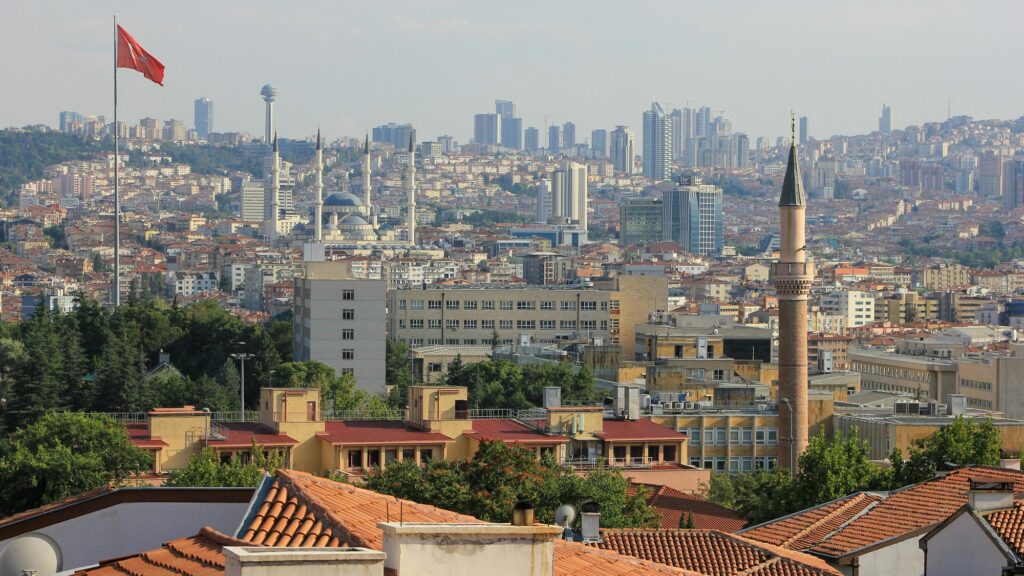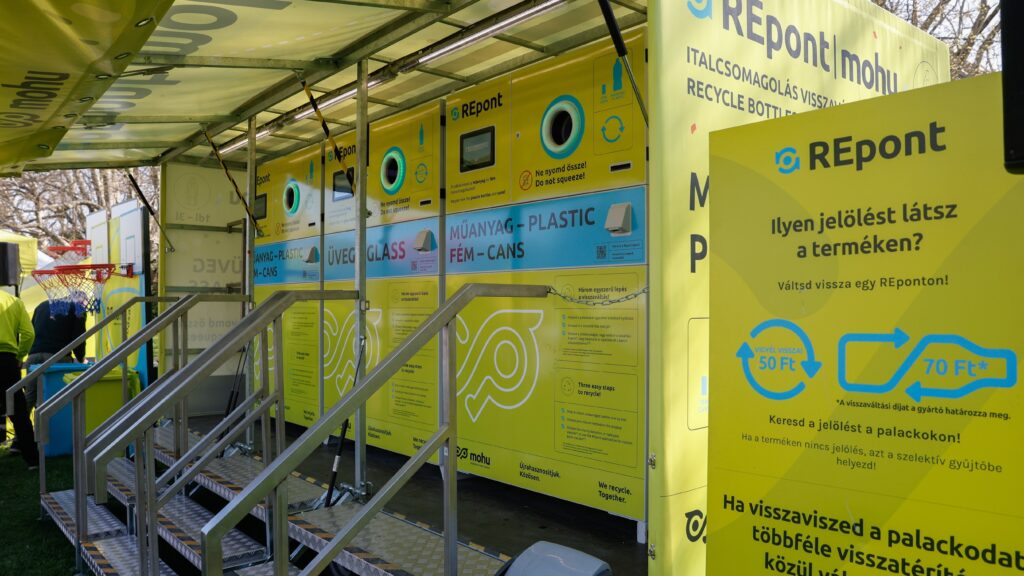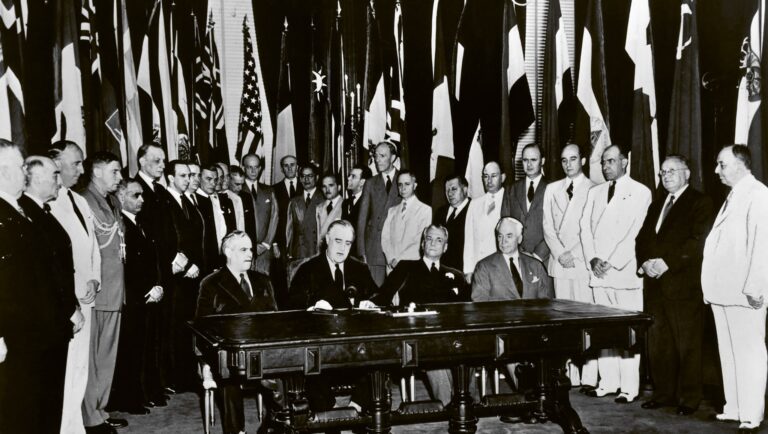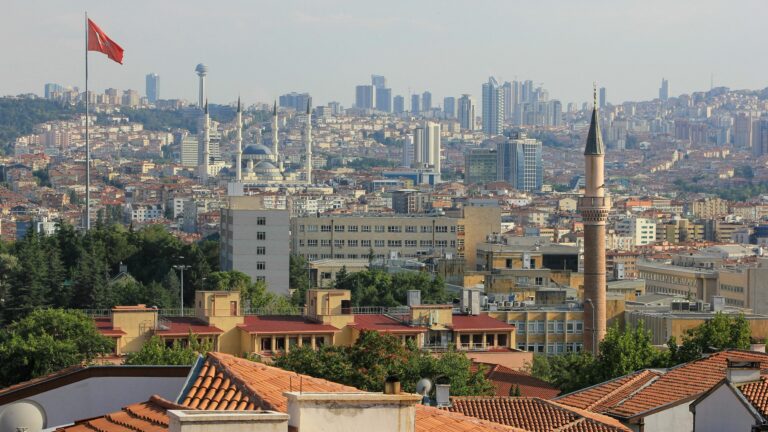The second part of the sixth sanctions package adopted last year entered into force on Sunday. The new set of restrictions go after Russian petrol and diesel this time. While Hungary and other smaller European countries that heavily rely on fuel from Russia are against introducing more and more sanctions on these products, they are not trying to actively block steps in that direction. Instead, the Hungarian government strives to achieve temporary exemption from them, to avoid an economic downturn and keep energy supply stable.
Security of Supply Remains Paramount for Hungary
The Hungarian Energy Ministry announced on Sunday that besides the exemption the government managed to achieve, the country still has several other sources of energy part from Russian fuel that it can rely on. However, the sanctions will affect the European market in the long-term, and that will eventually take its toll on Hungary as well, the ministry said. Unfortunately for Hungary, even with being exempt from specific sanctions on energy, the country is still privy to the shifts in the European market.
The Hungarian position has remained unchanged ever since the sanctions were first introduced. The Hungarian government is a vocal opponent of the sanctions policy, viewing them as harmful. The Orbán government argues that while the sanctions have not brought about peace or a cease-fire, they are continuously hurting the European market and European citizens. Instead of focusing on the devising of new sanctions packages, Brussels should be working on ways to achieve peace between the warring countries.
The government insists that it continues to represent the will of the Hungarian people when advocating against the sanctions policy. In the most recent national consultation the administration asked people about their opinion on the sanctions. A staggering 97 per cent of the responders said that they are against them. The Energy Ministry’s statement also referenced this fact, pointing out that this data should be a wake-up call for Brussels.
The Evolution of Sanctions
Originally, the EU started to restrict the import of Russian oil during the summer of 2022, as part of the sixth sanctions package. The package was planned to have two phases, with the first having come into effect in December last year, banning the import of crude oil. The second phase was implemented on 5 February, banning the import of all processed petroleum products, alongside with their re-export between states.
The Hungarian government successfully achieved a temporary exemption from the sanctions that affect oil shipments utilising pipelines, thus, it is possible for the country to process and sell products of Russian origin domestically. However, trade of these products is not allowed with other countries. Now that the tougher part of the sixth package came into effect, products at the Bratislava refinery will also be affected. The facility supplies to neighbouring countries, Hungary included. However, due to the latest sanctions, in the future the refinery will only be able to export products that are not of Russian origin. This restriction will significantly reduce the volume of exports of the facility.
Risk of Supply Chain Disruptions
The Ministry noted that even while these facts look grim, Hungarian energy supply is secure. In addition to the Friendship pipeline, the domestic production provides great numbers, and imports from other sources are also flowing uninterrupted, including the Adria oil pipeline of Croatia.
However, Hungary may experience longer-term effects as a result of the new sanctions that are now in effect. Due to its reliance on imports for a reliable fuel supply, Hungary may be negatively impacted by the increase in European fuel costs brought on by the sanctions. Europe is now required to rely on sources from other, farther-off regions, such as Central Asia, India, the Middle East, and China. As a result, it must source oil products from these locations at a greater cost and from a greater distance, which increases the possibility of supply chain disruptions.
In the meantime, the EU is considering imposing extensive energy restrictions, which would target imports of gas and nuclear power. The Hungarian government vehemently opposes expanding the restrictions to other energy carriers.
Despite the fact that European consumers have experienced sharp utility costs increases, fuel shortages and supply interruptions, the restrictions have not advanced the war’s end. Europe is in trouble as a result of the failing sanctions strategy, which has put exorbitant additional responsibilities on nations, businesses, and European families, the statement from the ministry concluded.

